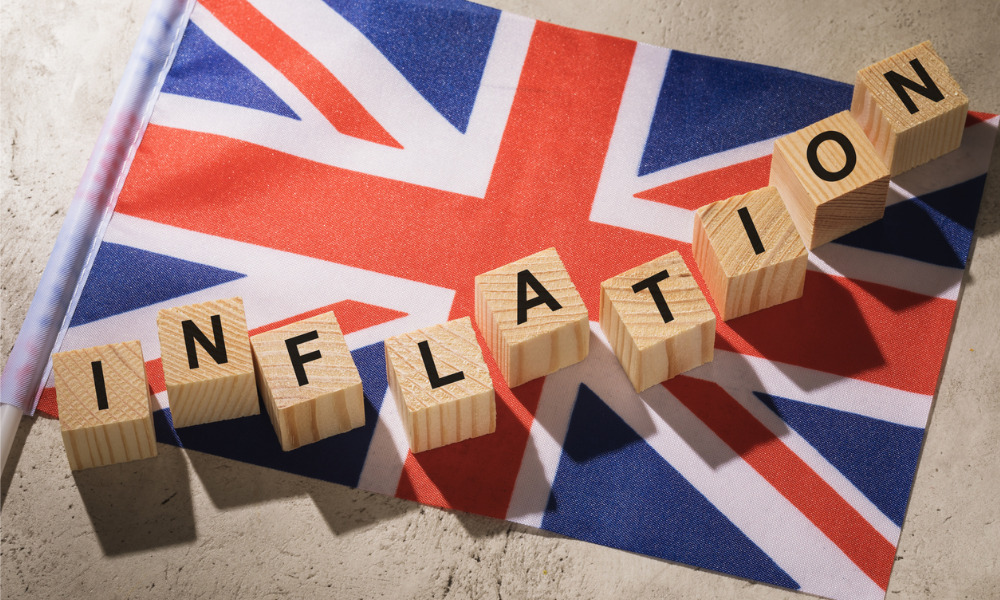Rising food and energy prices are main drivers of CPI increase

UK inflation jumped to a 41-year high in October, rising to 11.1% annually from 10.1% in the previous month.
Official numbers from the Office for National Statistics (ONS) also recorded a monthly increase in the Consumer Price Index (CPI) of 2.0% in October 2022, compared with the rise of 1.1% in October last year.
ONS noted that gas and electricity prices made the largest upward contribution to the change in CPI annual inflation rates between September and October 2022, despite the introduction of the government’s Energy Price Guarantee (EPG).
“The introduction of the EPG meant that overall electricity, gas, and other fuel prices rose by 24.7% between September and October 2022, with gas prices rising by 36.9% and electricity prices by 16.9%, however the increases would have been notably higher without the EPG’s introduction,” the ONS report stated.
Read more: Industry’s verdict as UK economy shrinks in Q3.
Other upward contributions to the change in the annual inflation rate came from housing and household services (0.93%), food and non-alcoholic beverages (0.18%), and recreation and culture (0.07%). These upward contributions were partially offset by a large downward contribution from transport (-0.23%), coming from motor fuels (-0.12%) and second-hand cars (-0.10%).
“The spiralling cost of energy and food are the main components of the high inflation we have today,” Simon Webb, managing director of capital markets and finance at later life lender LiveMore, commented. “What appears to be a foregone conclusion, judging by the recent 0.2% downturn in GDP, is that the UK is moving into recession along with other global economies.
“What is notable about the CPI inflation figure is that it has been calculated using subsidised energy prices, so the 11.1% rate is lower than if there was no energy price cap in place. This cap is due to be removed, or reviewed, in April 2023 but if it is taken away, inflation may well will pick up again. It could be a roller coaster ride for inflation in the next year.”
Webb added that there are still global shortages of food, with Russia’s invasion of Ukraine being a large contributory factor.
Read more: Market outlook uncertain, warns chief economist.
Paul McGerrigan, chief executive at fintech broker Loan.co.uk, also believes that the impact on global supply chains and energy pricing by the war in Ukraine – which has taken an alarming turn for the worst and looks further from resolution than ever – will continue to fuel inflation until the UK can reduce dependency.
“Despite wages rising at their fastest rate for more than 20 years, they are still unable to keep pace with rapidly escalating costs, which means household budgets continue to feel the pressure,” McGerrigan stated. “The recent record jump in bank rate has compounded this further.
“Everyone waits in eager anticipation for the chancellor’s plan and initial decisions. He needs to build confidence in the markets by balancing the books without plunging the UK into a deep and lasting recession.”
McGerrigan stressed that carefully considered personal finance decisions, particularly in relation to mortgages, are critical to help many households navigate the next 12 to 18 months.
“All of us, who offer property-based borrowing advice, need to step up and be there,” he added.



